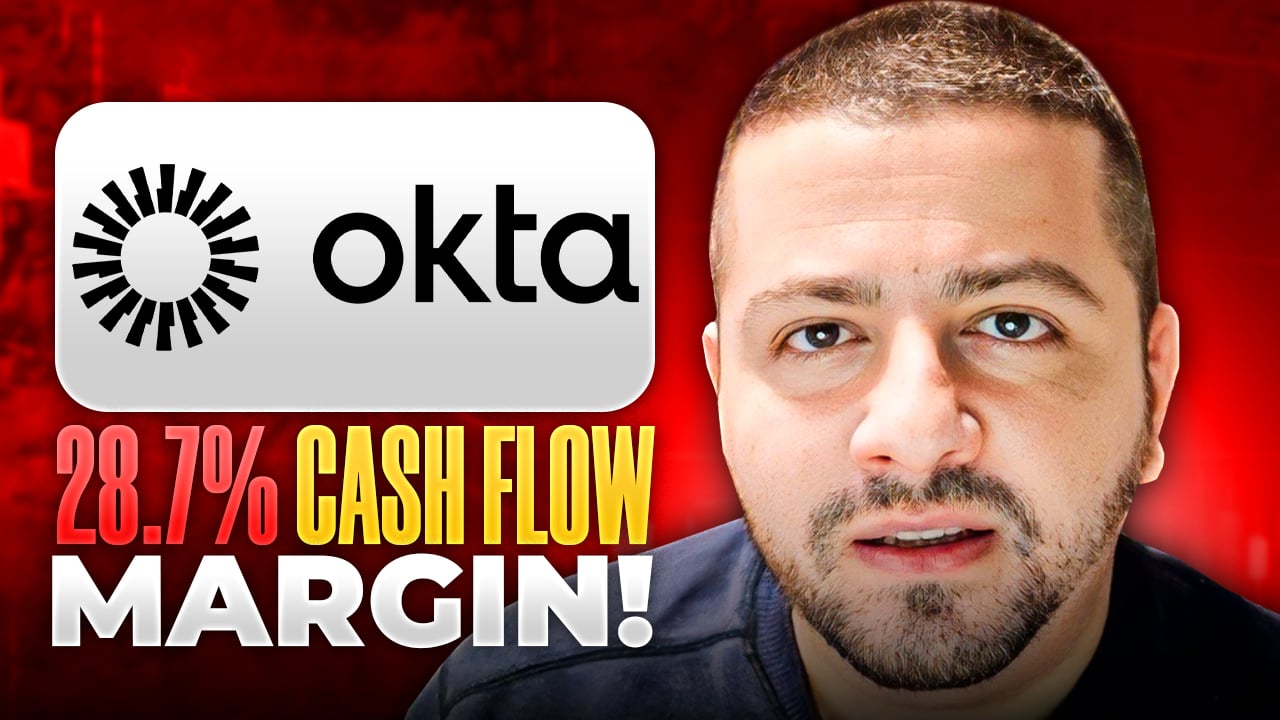What happened
Shares of Okta (OKTA +0.19%) declined 23.7% in June, according to data provided by S&P Global Market Intelligence.
This sharp decline means that shares of the identity management specialist are now slightly below the level they traded at the beginning of this year.

Image source: Getty Images.
So what
Okta released a commendable set of earnings at the tail end of May for its first quarter of fiscal 2024. Revenue climbed 25% year over year to $518 million with net loss halving to $119 million from $243 million a year ago. The company also generated positive free cash flow of $124 million, multiples higher than the $11 million churned out in the prior year. Okta's dollar-based net retention rate stood at 117% for Q1, the lowest in nine quarters but still a respectable number nonetheless. Total customers increased by 14% year over year to 18,050 while the larger spenders, customers with more than $100,000 in annual contract value, jumped by 23% year over year to 4,080.

NASDAQ: OKTA
Key Data Points
While the earnings report looked presentable, investors were likely disappointed by Okta's remaining performance obligations (RPO), which saw just a small 9% year-over-year increase to $2.9 billion. As this metric represents the backlog of subscription revenue to be recognized in future periods, it seems to imply that growth may be slowing for the cybersecurity company. It also did not help that Q1 2023 saw top-line growth of 65% year over year, which made the 25% revenue growth for the current quarter seem pedestrian by comparison.
Now what
Okta has provided weak guidance for its fiscal second quarter. Total revenue, at its midpoint, is slated to rise by 18% year over year while RPO will increase by between 14% to 15% year over year. These growth rates are a far cry from the second quarter of fiscal 2023, which saw revenue jump 43% year over year and RPO increase 25% year over year.
Despite the weaker numbers, Okta continues to introduce new features on its platform to sharpen its competitive edge and provide clients with better protection. The company recently launched Okta Device Access, which offers a unified login experience across all devices using a single access management platform. Okta's identity cloud service includes authentication without using passwords and users will now utilize multifactor authentication as an additional safeguard to prevent instances of hacking or phishing. The new feature will be available by the fourth quarter of this year for Windows and the first quarter of next year for Mac OS.




